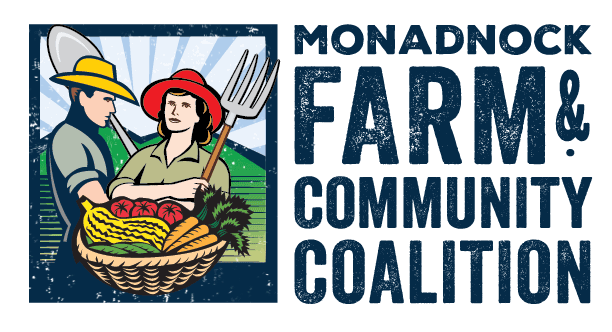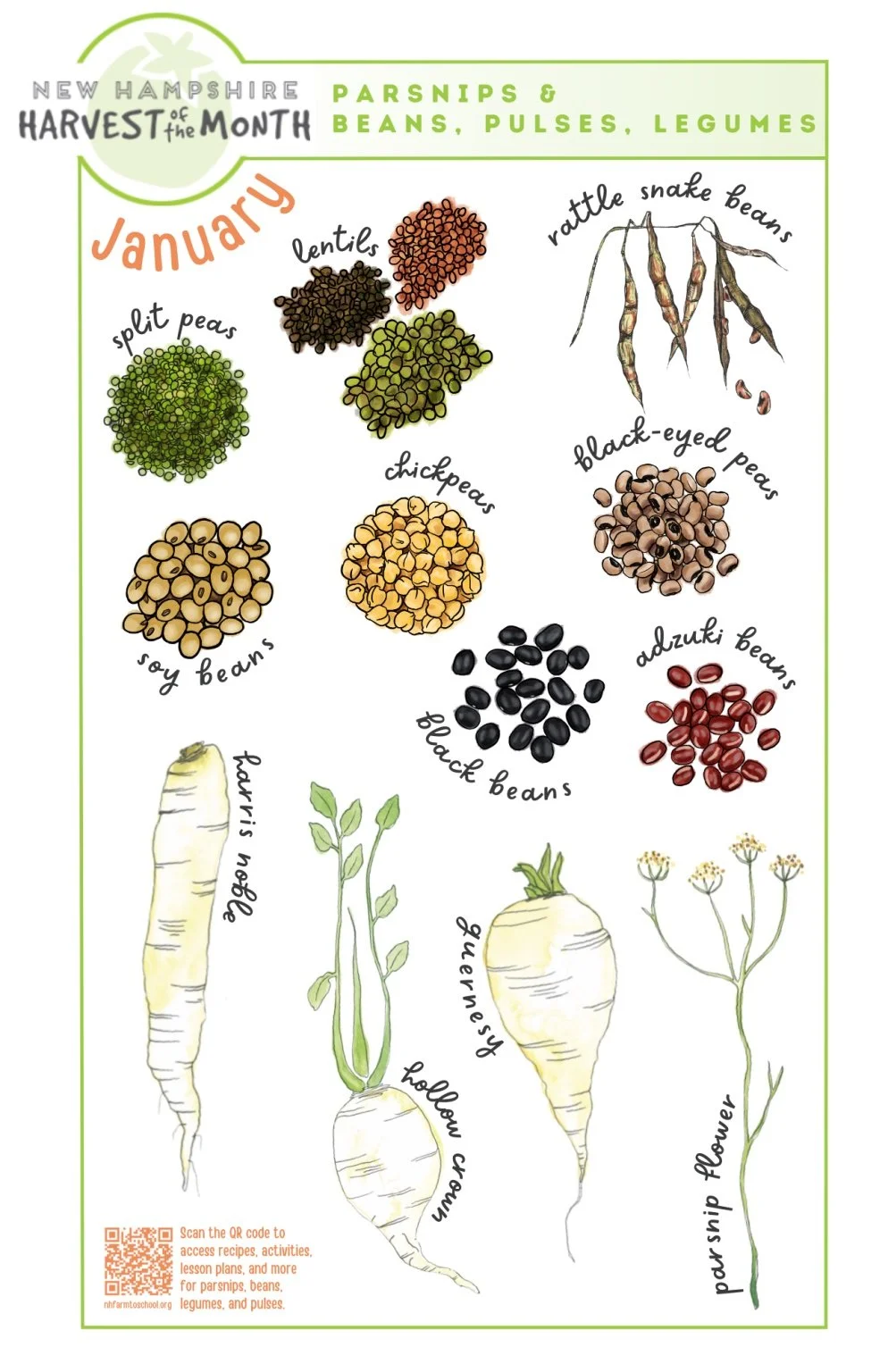Eating Local on a Budget
Visit our SNAP/EBT & Nutrition programs page. You will find detailed information and links to: Granite State Market Match, Double Up Food Bucks, the Monadnock Farm Share program, community gardens, gleaning & more.
Buy in bulk. Many local grocers offer case discounts on produce items, dry goods or packaged foods. Pull together friends and make a group purchase at the Monadnock Food Coop, Maggie's Marketplace or Nature's Green Grocer. Start a buying club at your school.
Use food preservation techniques. Make your bulk local purchases last, which can be simple as freezing chopped carrots or drying herbs. If you are serious about canning or pickling foods, take a class from UNH Extension Nutrition Connections or at Stonewall Farm.
Learn the peak season. Prices vary with the seasons. When items are first harvested they cost more, but as the season progresses, the price often drops. If something it too expensive, wait a couple of weeks and buy it at a lower price.
Focus on whole foods. Fruits, vegetables, whole grains, and legumes will nourish and fill you up longer than processed foods, which often cost more per pound.
Eat more beans and less meat. Local beans are healthy, tasty and economical. Meats cost more and take more energy to produce, prepare, and store.
Purchase large amount of meat directly from the farmers. This is a cost-effective choice for consumers who want meat. If amount is too much, split the order with friends.
Invest in a freezer. This purchase will pay for itself many times over. Try Craigslist or Goodwill to find a decent used one.
Try a food dehydrator. Dried fruits and vegetables take up less space, have a long shelf life, and retain nutrients and flavor.

